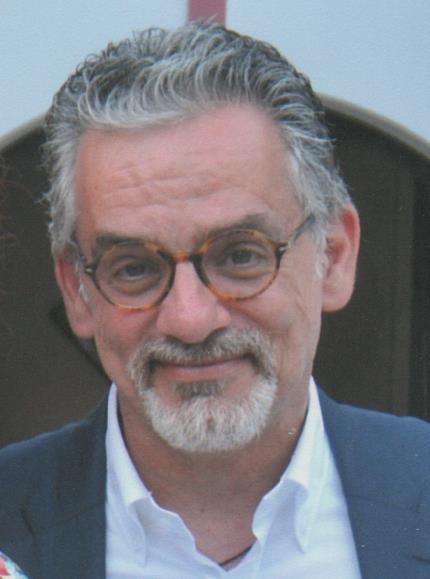 | Dr. Leonidas P. Karakatsanis obtained his MSc degree in Electrical Engineering from the Democritus University of Thrace (1991) and his PhD in Complexity theory and applications in Geophysical and Space phenomena from the Democritus University of Thrace in Greece (2013, Department of Electrical and Computer Engineering, Division of Space Physics and Telecommunications, Lab of Electromagnetic theory). Currently, he is laboratory and teaching staff member at the Democritus University of Thrace, Department of Environmental Engineering, Complexity Research Team. His research interests are: Computational Complexity, Non-Linear Analysis of Timeseries, non-extensive Tsallis statistics, Machine learning, Innovation Management. He has 22 journals, 7 conference and books publications and 2 GR patents (Citations: 461, h-index:15). |
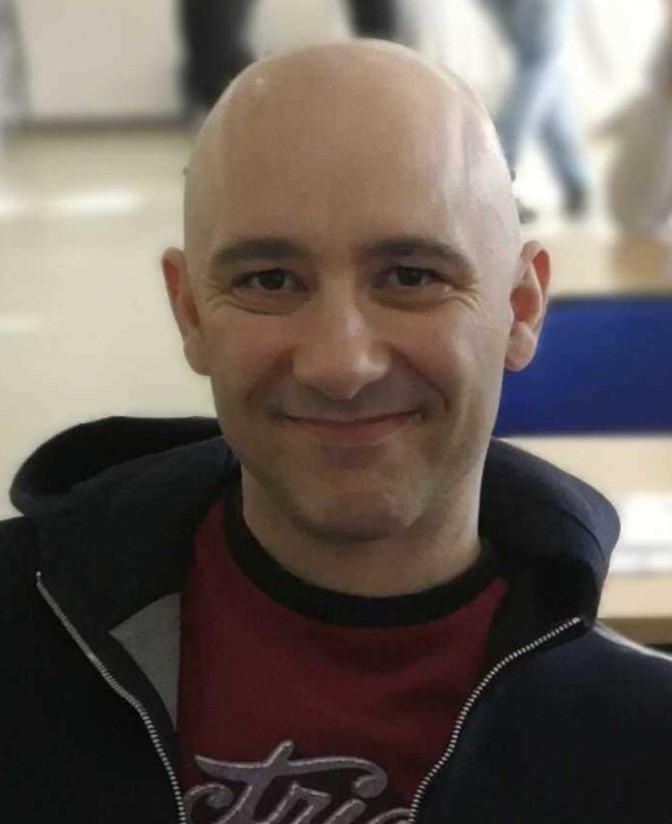 | Dr. Georgios Tsoulouhas obtained his diploma in Electrical & Computer Engineering from the Democritus University of Thrace (DUTH) (2006) and his PhD in Data Mining and Adaptive Learning Environments from the DUTH (2012). Since 2017 he is a postdoctoral researcher in DUTH. From 2002 to 2006 he worked as an undergraduate fellow and from 2006 to 2009 as Electrical Engineer at Athena Research Institute (Institute for Language and Speech Processing, Thrace Branch). Since 2003 is system and network administrator at Data Analysis Laboratory of DUTH. Since 2016 he has been teaching at the DUTH, Department of Electrical & Computer Engineering. In 2016 he joined the Complexity Research Team (CRT) of DUTH. Since 2007 he works in his personal business as Web Developer and System & Network Administrator. His research interests are on Data Mining and Information Retrieval and on Complexity Theory & Chaotic Time Series. He has 6 journals and 6 conferences and books. |
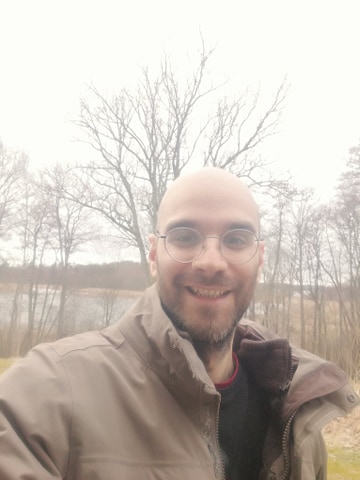 | Dr. Markos Xenakis currently works as a Research Scientist at VTT Technical Research Center of Finland. He studied Electrical & Computer Engineering at DUTH, followed by a MSc degree in Simulation Sciences at RWTH Aachen University. He has been a research associated at the Institute of Neuroscience and Medicine at Juelich Research Center, and a scientific visitor at the Center for Neuroscience and Regeneration Research at Yale University. He received his PhD from Maastricht University where he conceptualizes and devises biophysical models of ion channels in health and disease. His research is nowadays focusing on computational biology and medicine, especially, neurology., as well as, complex systems theory and applications. He has co-authored more than a dozen of scientific journal publications (citation index: 283, h-index: 10), and co-invented two patents. |
 | Evgenios G. Pavlos, MSc, has graduated from the Physics Department of Aristotle University of Thessaloniki (AUTH). In 2018 he obtained a postgraduate degree in Bioinformatics from the Department of Biology of National University of Athens (NUA) and since 2021 he working as Bioinformatician in the Medicine Department of DUTH. Also, since 2019 he is a PhD candidate in the Department of Medicine at the University of Crete (UC). From 2016 to 2018 he worked at the Institute of Astronomy, Astrophysics, Space Applications and Remote Sensing (IAASARS) at the National Observatory of Athens (NOA). During this period, he worked for the creation of Space Weather forecasting tool under the research program “HESPERIA: High Energy Solar Particle Events foRecastIng and Analysis”. His research study focuses on, i) bioinformatics, ii) nonlinear time series analysis with methods from the Theory of Complexity in several physical and biological systems, iii) Machine Learning and Big Data Analysis. During last years, he has developed collaboration with scientists from several different fields (Biology, University of Penn, USA), (Space Plasma, Southwest Research Institute, USA). He has 16 publications in international peer reviewed journals. (Citation index: 226, h-index: 9). |
 | Eleni C. Kelli is an undergraduate student of the Department of Molecular Biology and Genetics at DUTH. From June 2016 to August 2017 collaborated with the Pharmacology laboratory of the Department, as a Technician Laboratory. Main responsibilities were the analysis of samples for studies pharmacogenetics and the detection of patient drug levels for clinics of the University Hospital of Alexandroupolis. During this time, used applications of techniques such as, DNA isolation, Polymerace Chain Reaction (PCR), Agorase Gel Electrophoresis, Restriction Fragment Length Polymorphism (RFLP). In addition, she prepared her thesis on the subject “Study of gene polymorphisms associated with response to anti-depressant drugs”. |
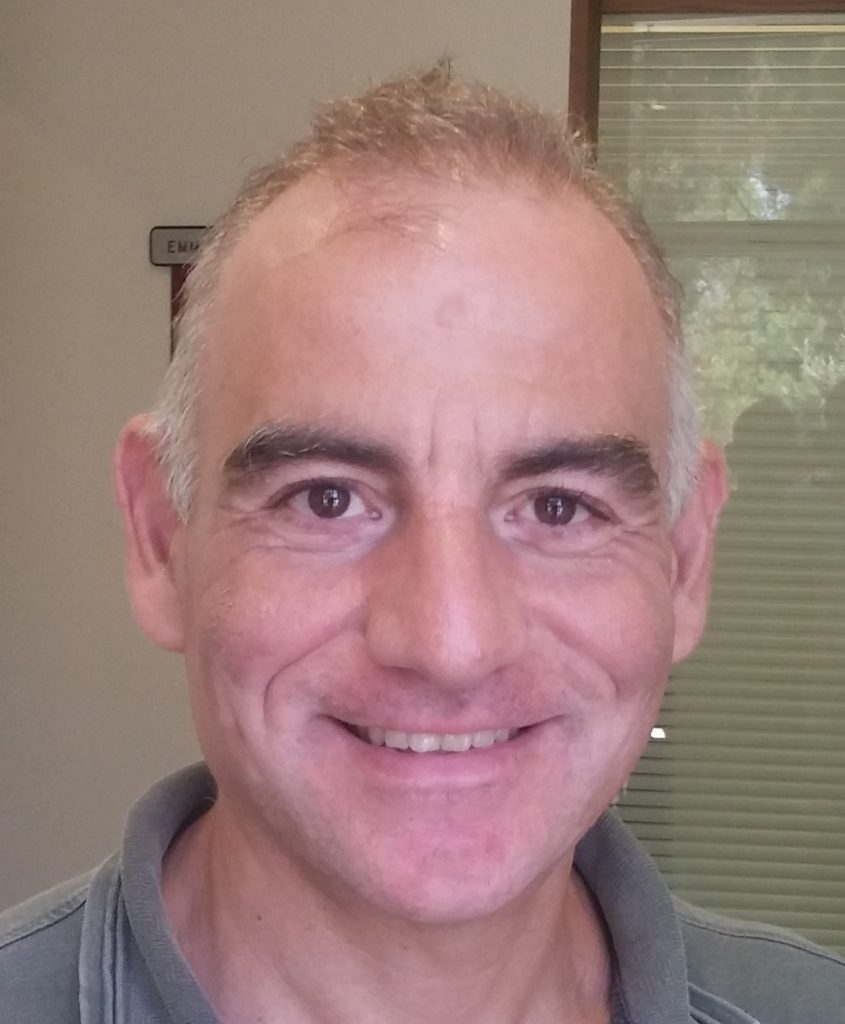 | Dr. Ioannis P. Antoniades obtained his Bachelor degree with honors in Physics from the University of Chicago, USA (1992) and his PhD in Monte Carlo & Molecular dynamics atomistic simulations of grain Boundaries in alloys from the Aristotle University of Thessaloniki, Greece, Department of Physics, Solid State section. Currently, he works as adjunct professor of Physics at the American College of Thessaloniki (ACT), Division of Science & Technology and teaches Physics at a secondary vocational school in Thessaloniki. His current research interests and activity focuses on complex systems statistics, modeling, simulation and analysis with a broad range of applications including financial systems (Econophysics), solid state, electronics (memristive systems, MOSFETs) and social systems. He has 30 peer reviewed publications (14 journals, 2 book chapters, 14 in conference proceedings), 1 scientific book translation and 1 provisional patent (US Provisional patent: 36177693-2019). (Citations: 177, h-index: 4). |
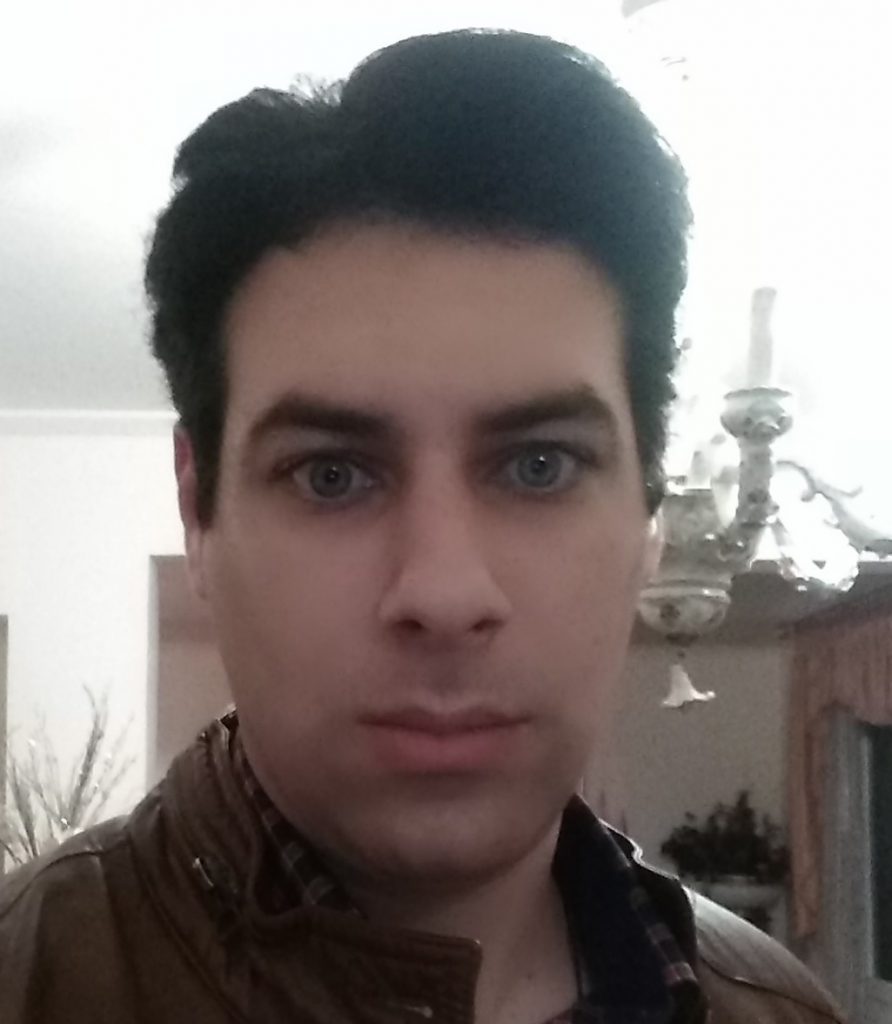 | Dr. Georgios L. Stamokostas obtained his Bachelor in Physics, from the University of Crete (2010) and his Ph.D. in Complex Quantum Systems, from Physics Department, University of Texas at Austin, U.S.A. (2017). Currently he is an associate lecturer, in University of West Attica, teaching Physical Chemistry. His research interests are: Quantum Many body systems, Cosmology, and Complex Systems. He has 3 publications in peer reviewed journals, and 3 publications in conferences. (Citations: 42, h-index: 2, according to Google scholar, where you can also have access to them.) |






